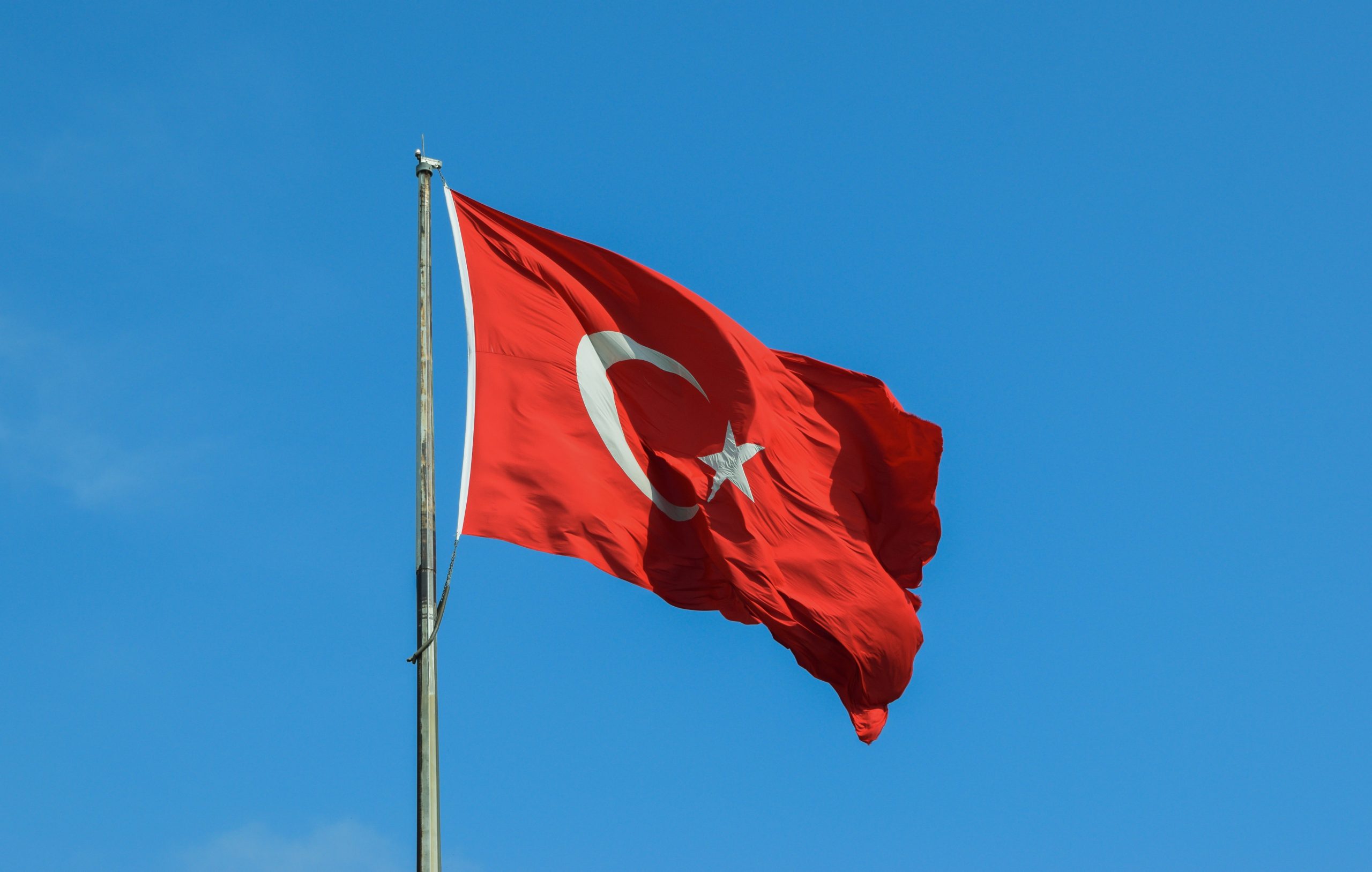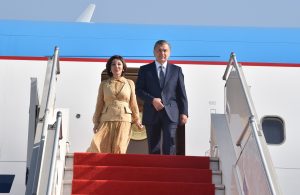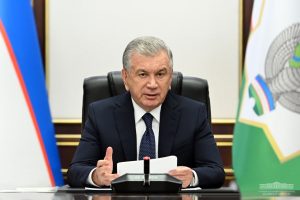
Central Asia stands to gain from Erdogan’s downfall
Turkey is heading to the polls on May 14, and the stakes are high. President Recep Tayyip Erdogan, who has ruled the country for two decades, faces a formidable challenge from Kemal Kilicdaroglu, the leader of the main opposition party CHP. The outcome of this election will not only determine Turkey’s future, but also have profound implications for Central Asia, a region with which the country shares deep historical, cultural and religious ties.
Erdogan has pursued a foreign policy that has alienated Turkey from its traditional allies in the West and in the region, and undermined its role as a bridge between Europe and Asia. He has also embraced authoritarianism at home, cracking down on dissent, eroding democracy and human rights, and centralizing power around himself. His economic mismanagement has led to soaring inflation, currency devaluation and a debt crisis. His response to the devastating earthquakes that hit Turkey’s southeast in January was slow and inadequate, exposing his lack of empathy and competence.
Kilicdaroglu, on the other hand, offers a vision of change and hope for Turkey. He promises to restore the rule of law, respect for human rights and press freedom, and parliamentary democracy. He also pledges to revive Turkey’s economy with structural reforms, fiscal discipline and social justice. He advocates for a balanced and constructive foreign policy that would restore Turkey’s relations with its neighbors and allies, and enhance its role as a regional leader and mediator.
For Central Asia, Kilicdaroglu’s victory would be a boon. The region has long looked up to Turkey as a model of secular democracy and economic development. Turkey was one of the first countries to recognize the independence of the five ex-Soviet republics in 1991 and has since supported their integration into the international community. Turkey has also invested in their infrastructure, education, trade and cultural exchange.
However, under Erdogan’s rule, Turkey’s influence and image in Central Asia have suffered. Erdogan’s alignment with Russia has raised concerns among Central Asian countries that value their sovereignty and security. Erdogan’s support for Islamist groups and movements has also alarmed Central Asian governments that fear radicalization and extremism among their populations. Erdogan’s interference in their domestic affairs, such as his attempt to extradite his political foes from Kyrgyzstan in 2016, has also strained their relations.
Kilicdaroglu’s election would restore trust and cooperation between Turkey and Central Asia. Kilicdaroglu has expressed his respect for Central Asia’s diversity and sovereignty, and his willingness to work with them on common challenges such as terrorism, climate change, energy security and regional stability. Kilicdaroglu has also vowed to revive the Turkic Council, an intergovernmental organization that promotes cooperation among Turkic-speaking countries.
Central Asia needs a strong and reliable partner in Turkey, not a bully or a rival. Kilicdaroglu represents an opportunity for a new chapter in Turkey-Central Asia relations, one that is based on mutual respect, shared interests and common values. That is why it is in the interests of Central Asia for Erdogan to lose the Turkish elections.

